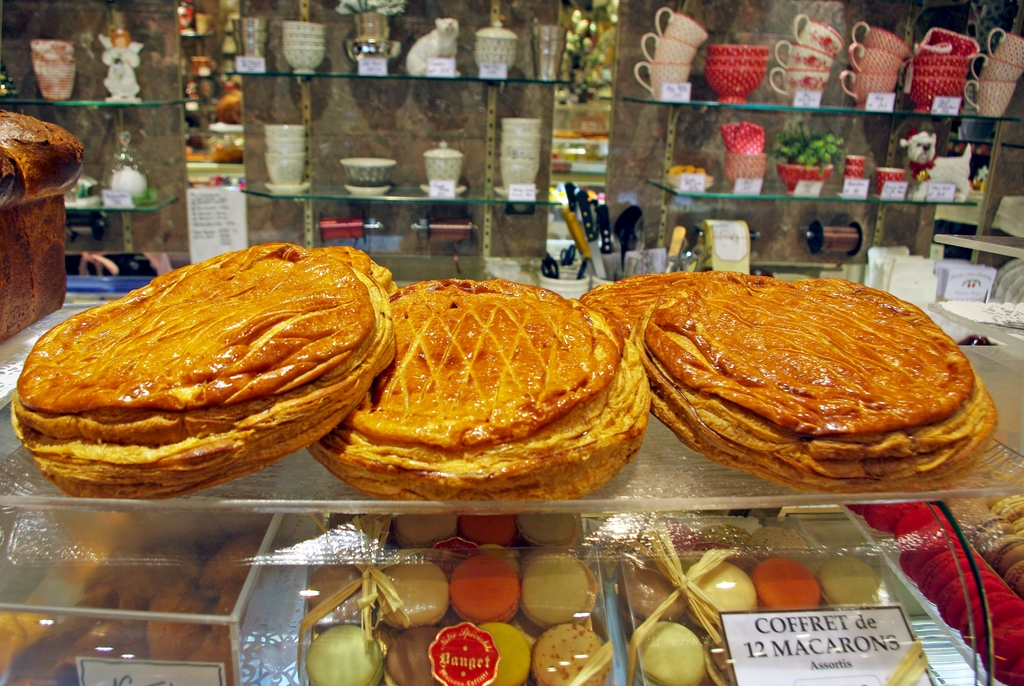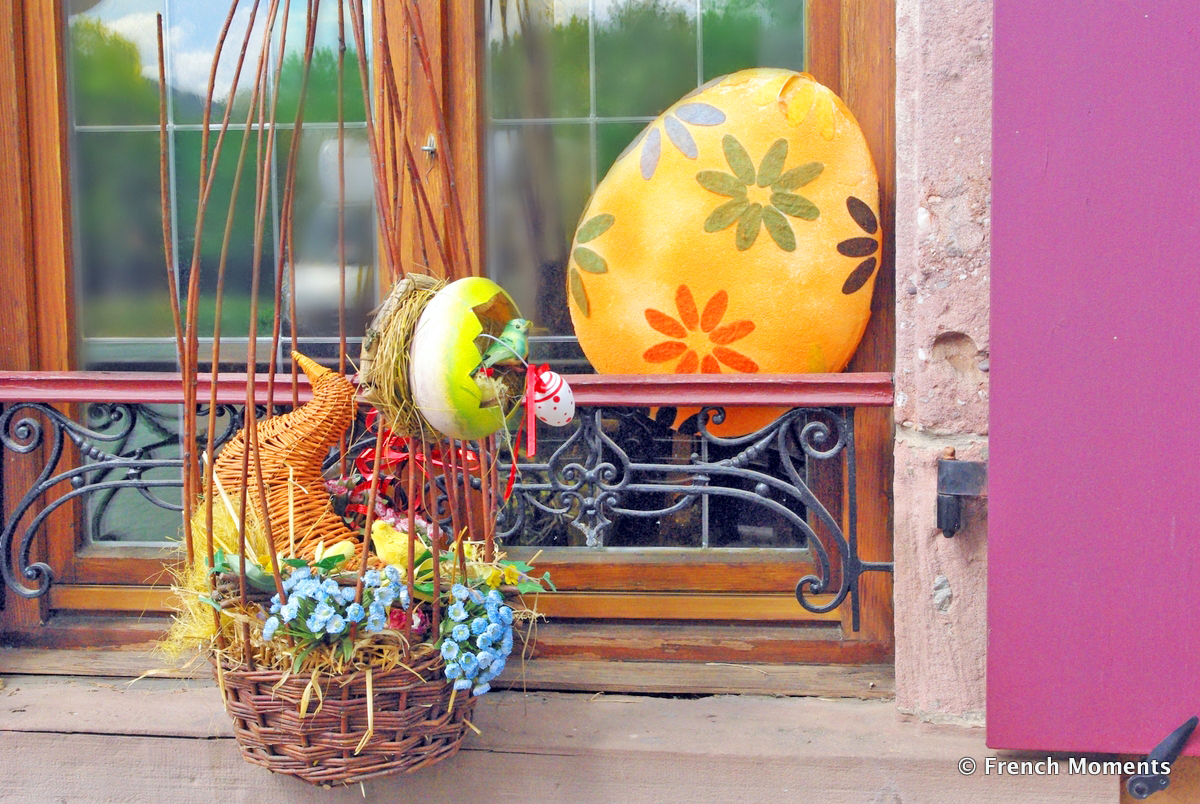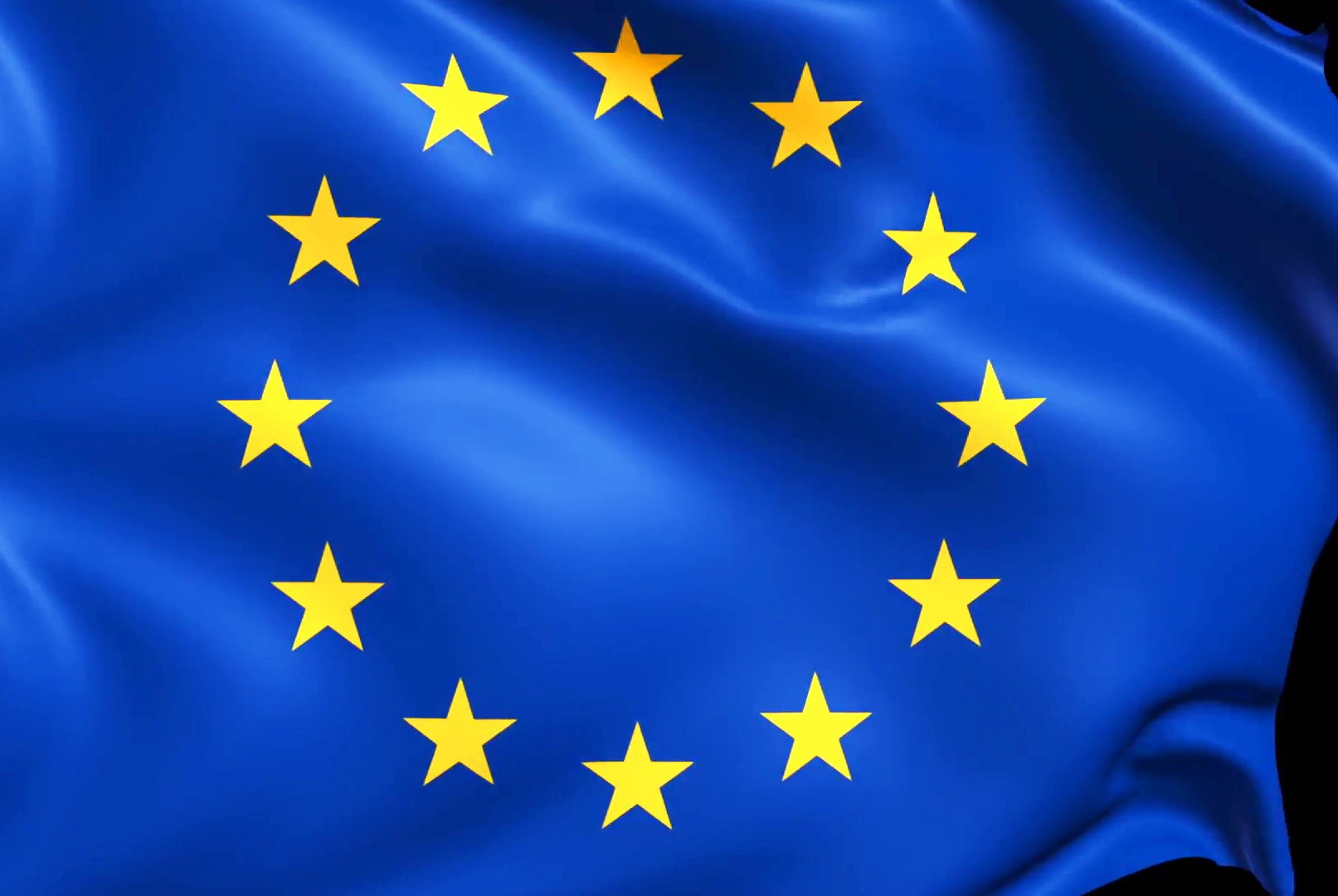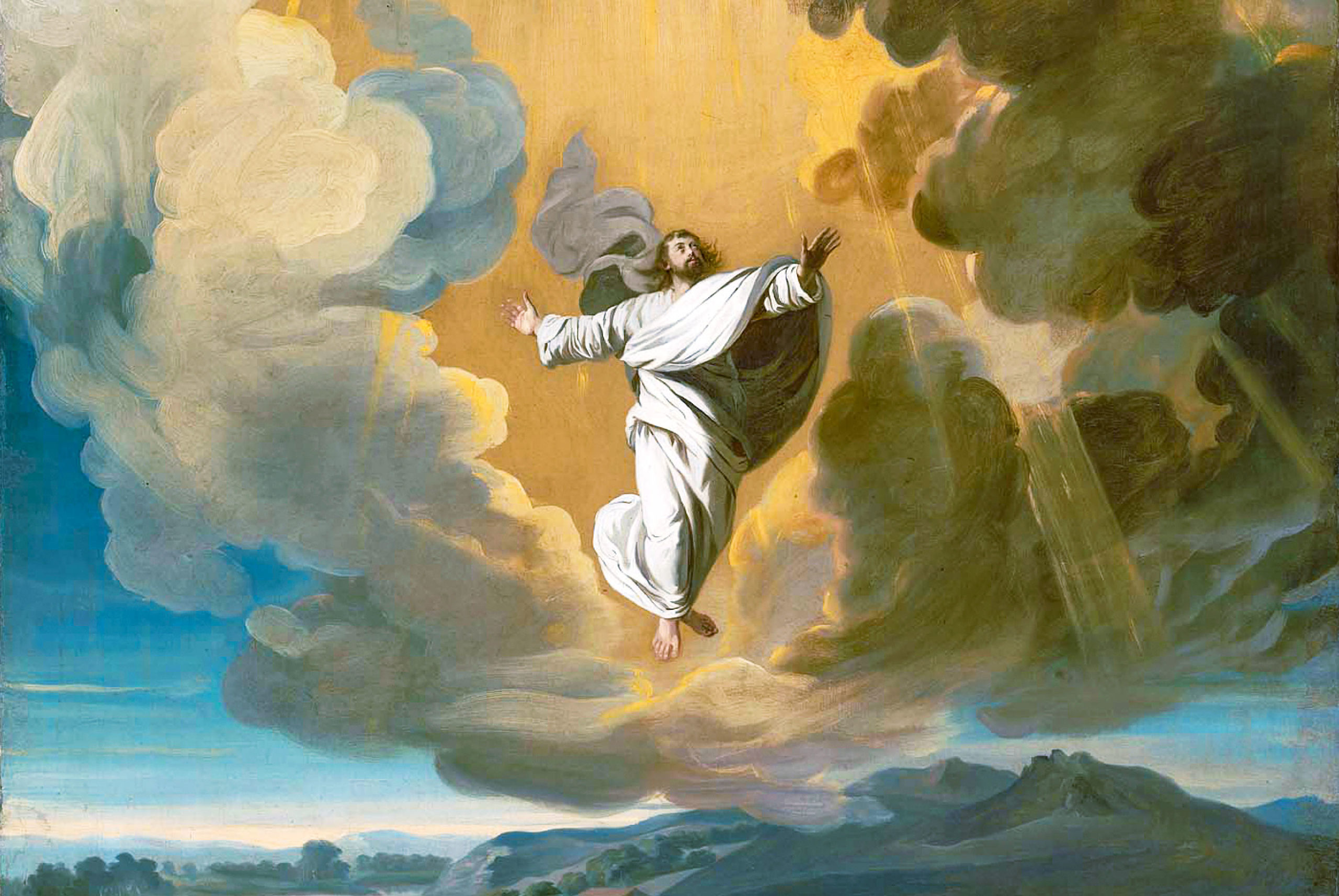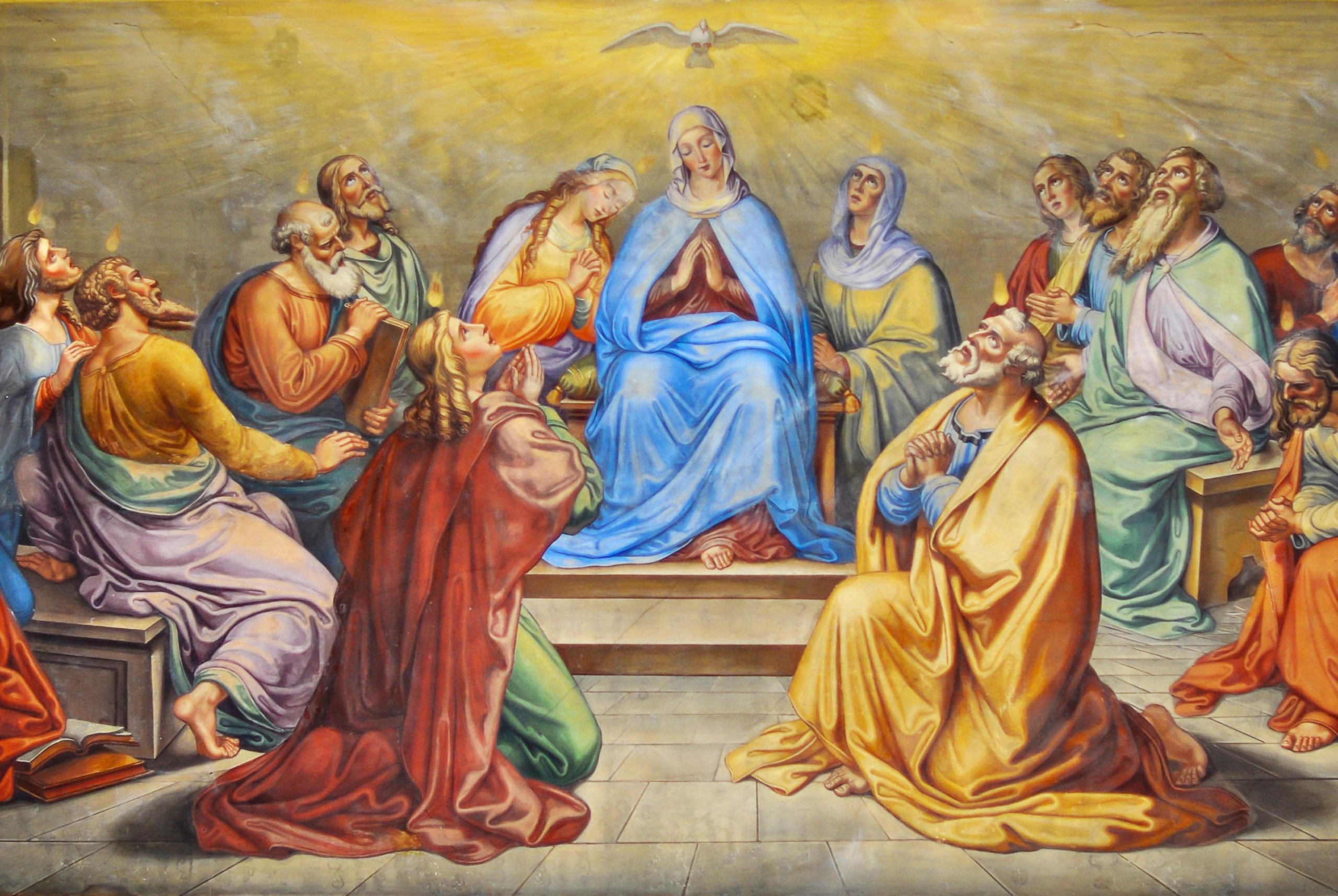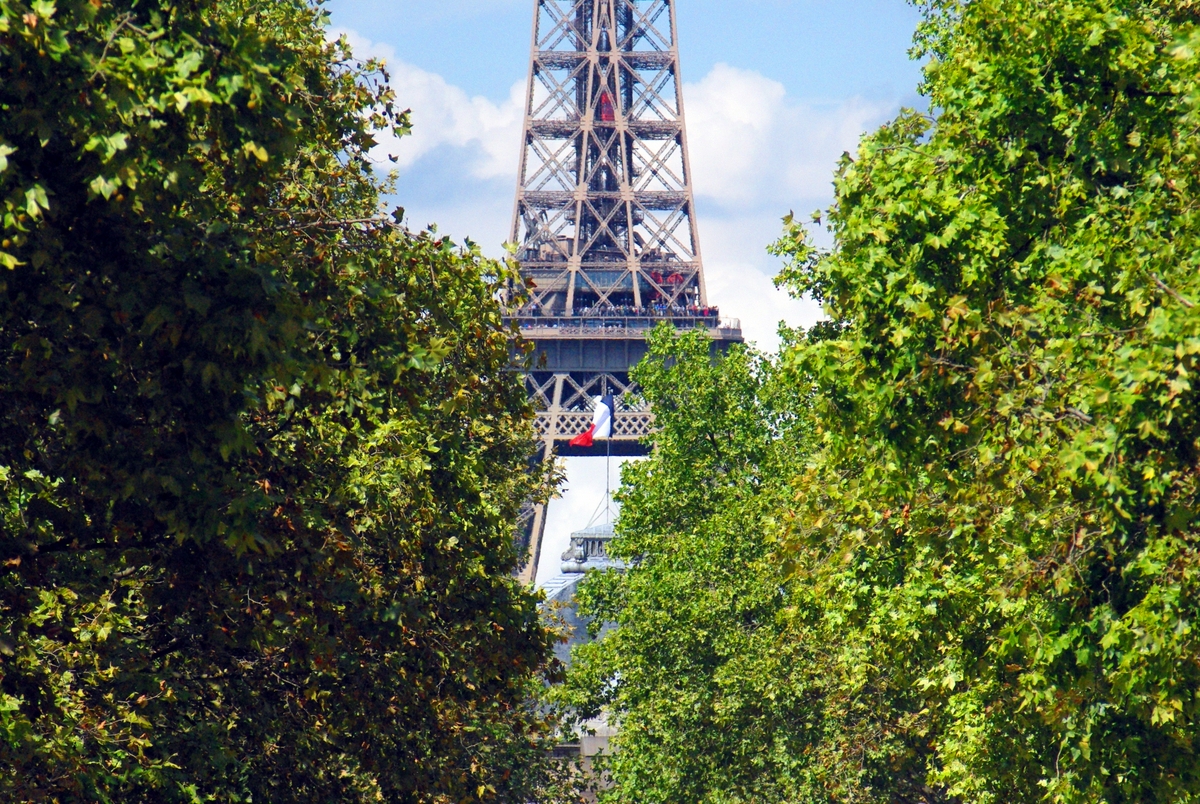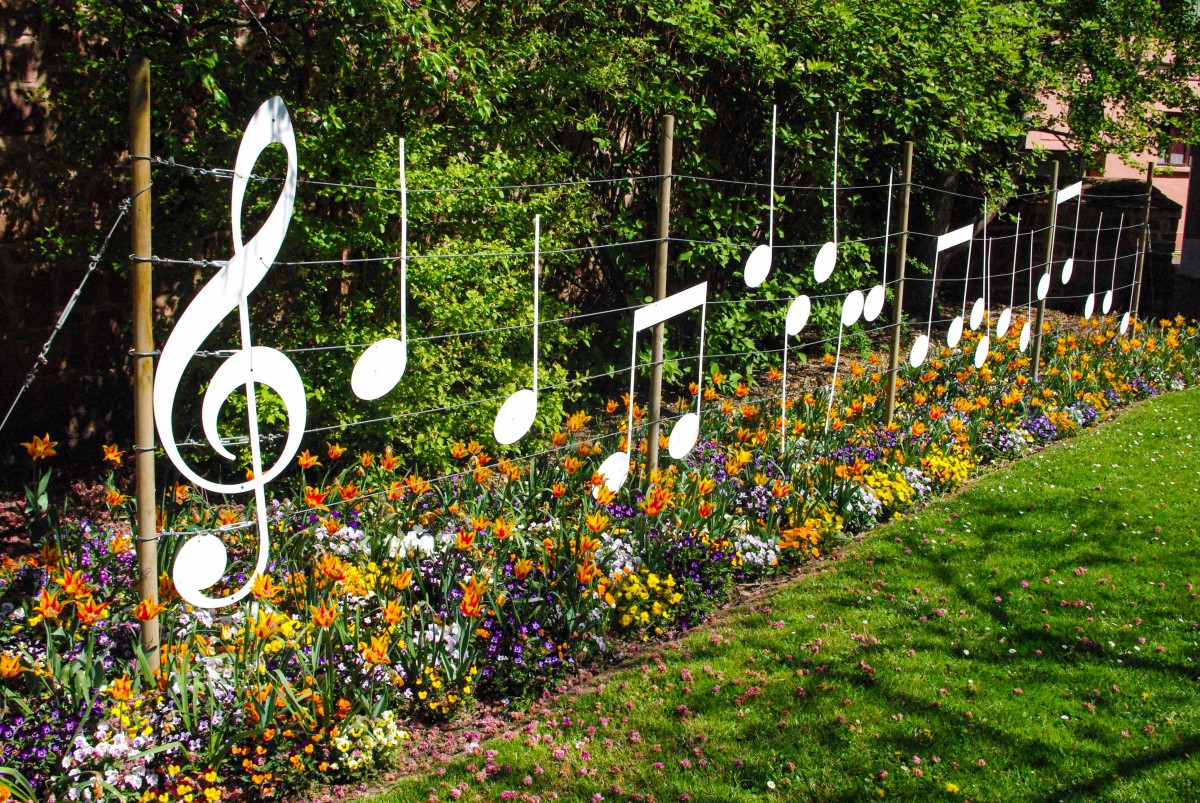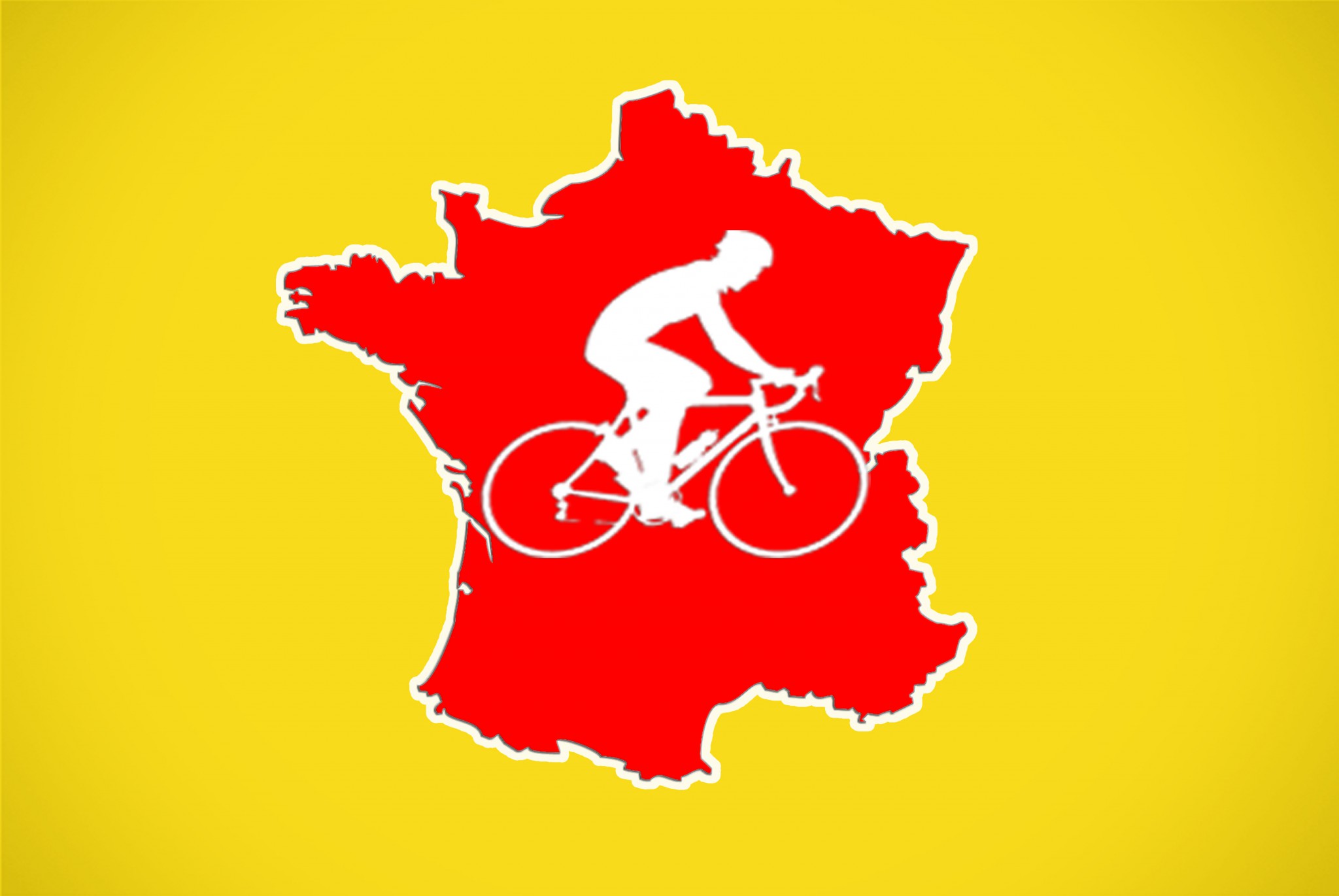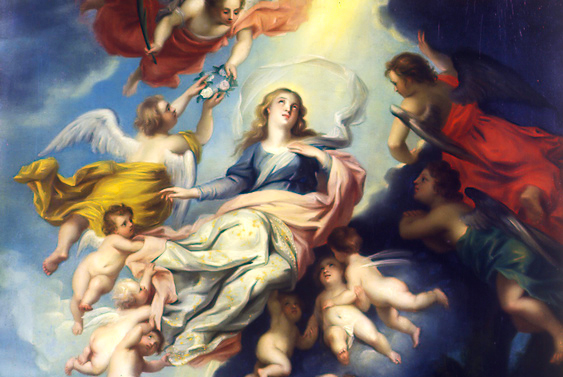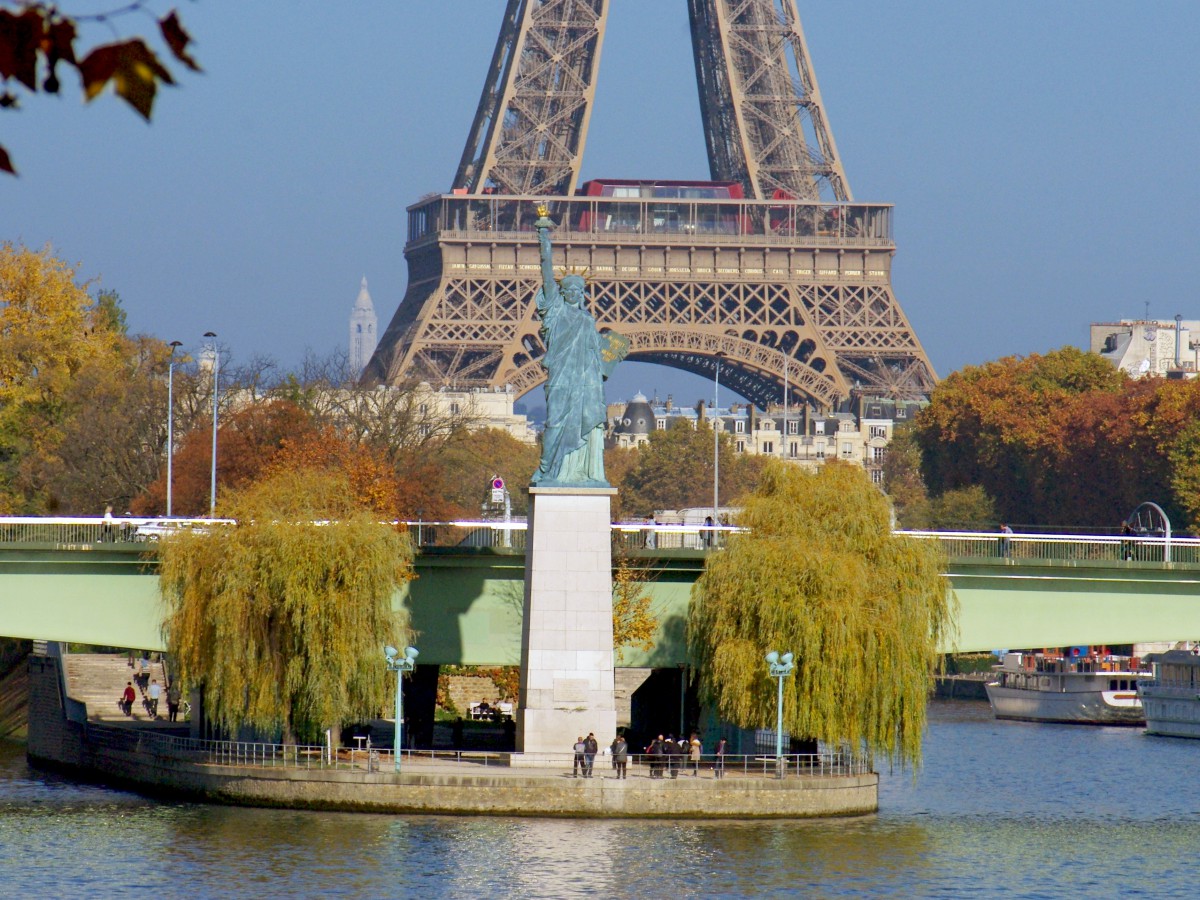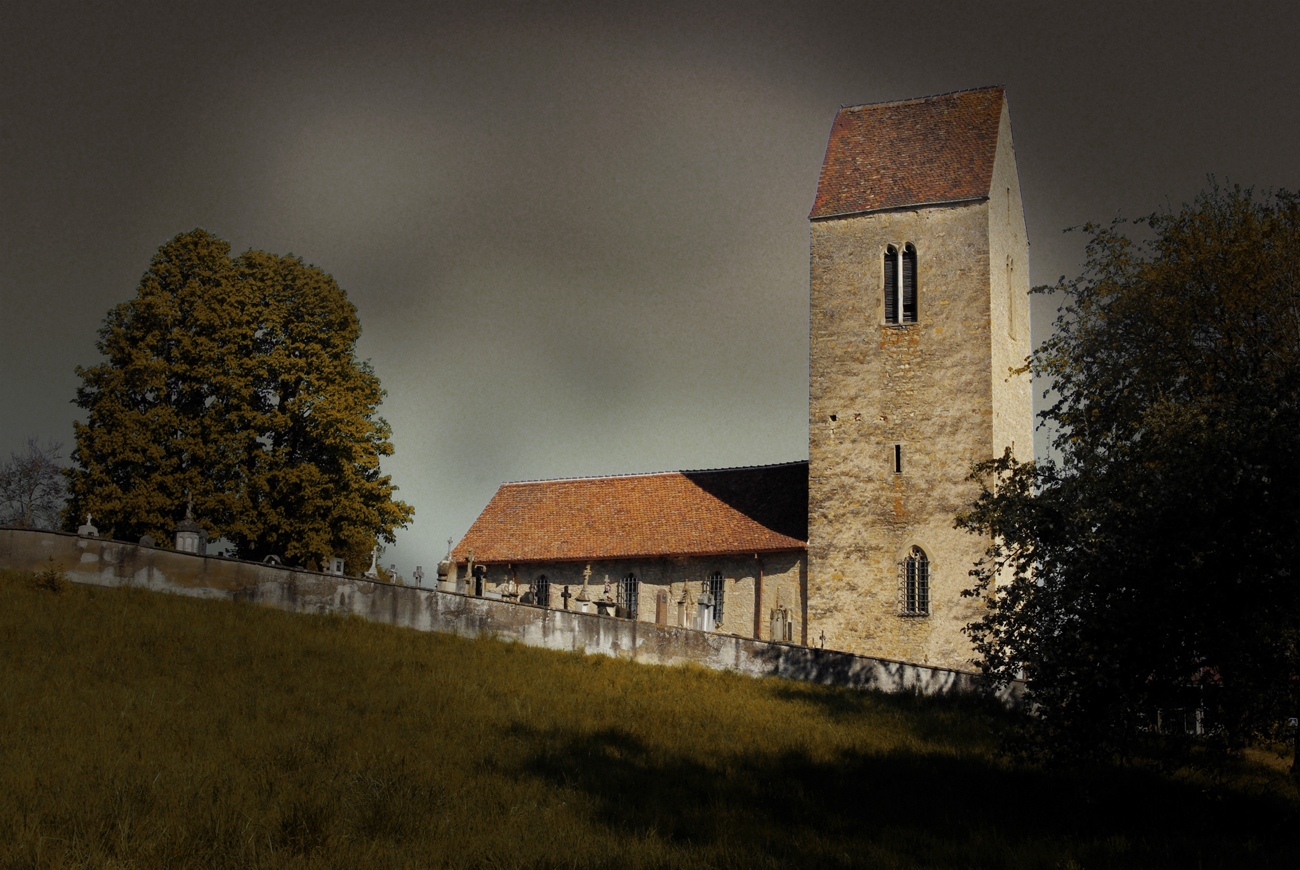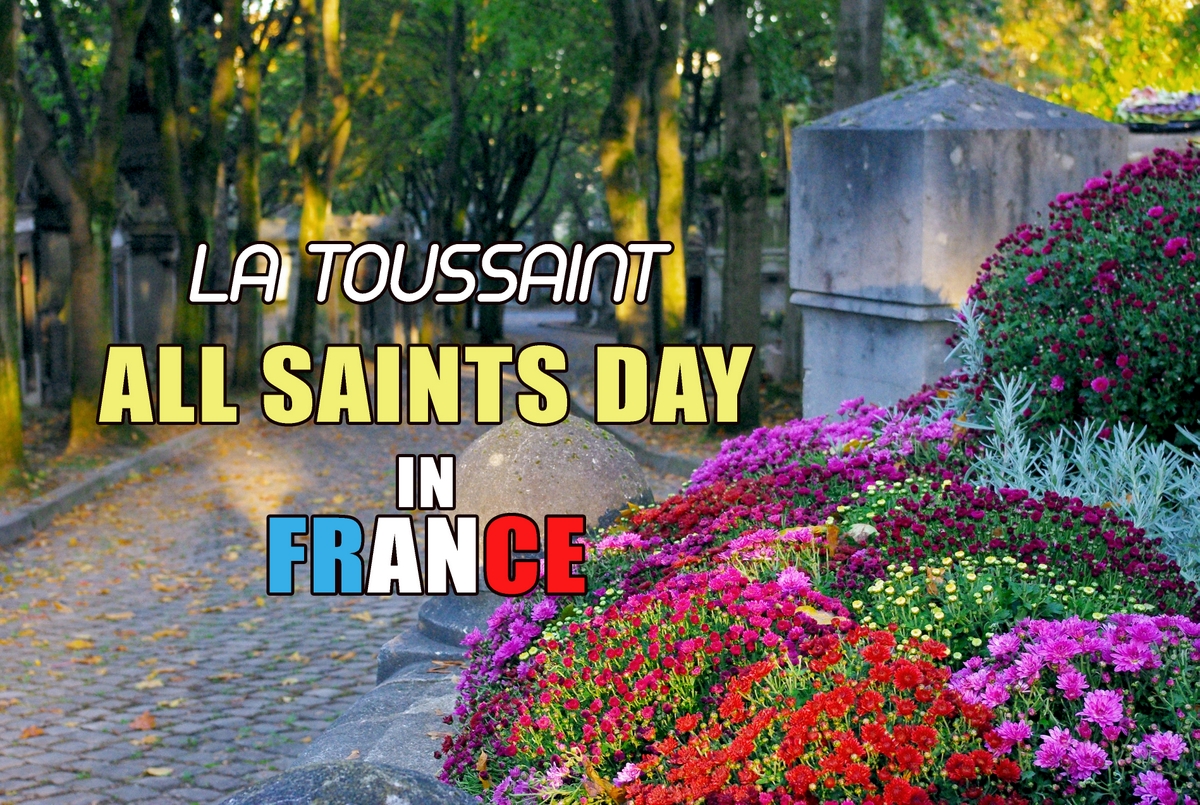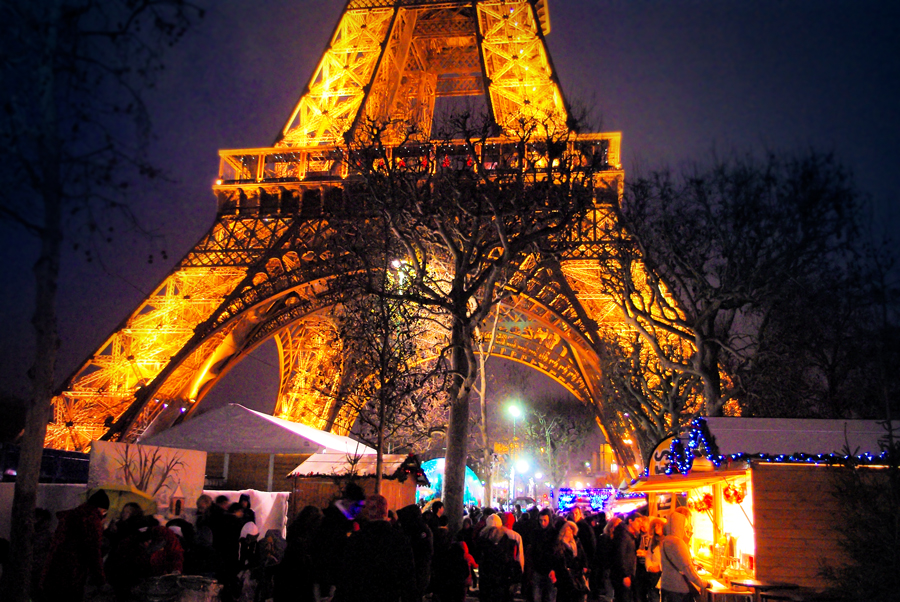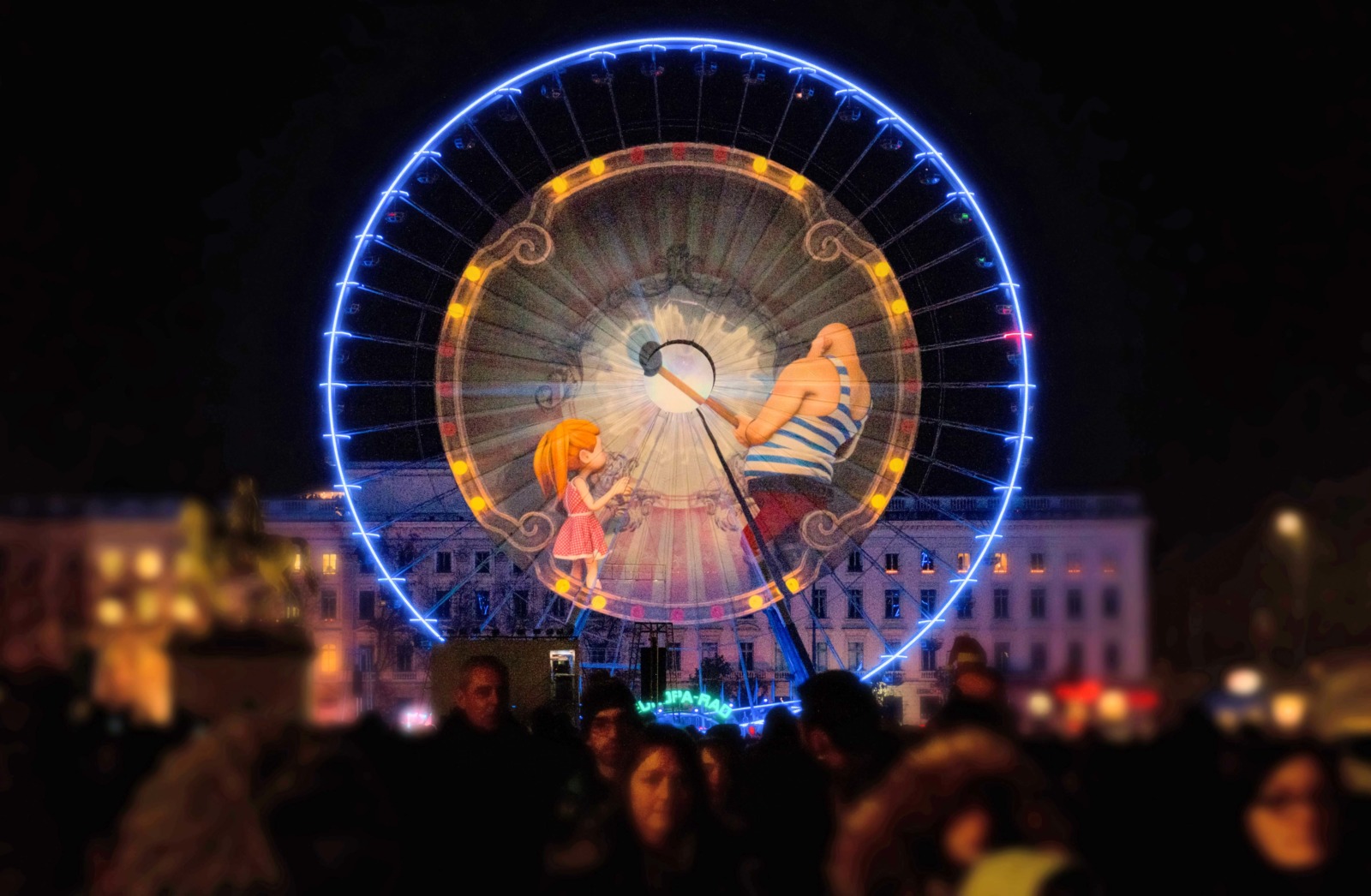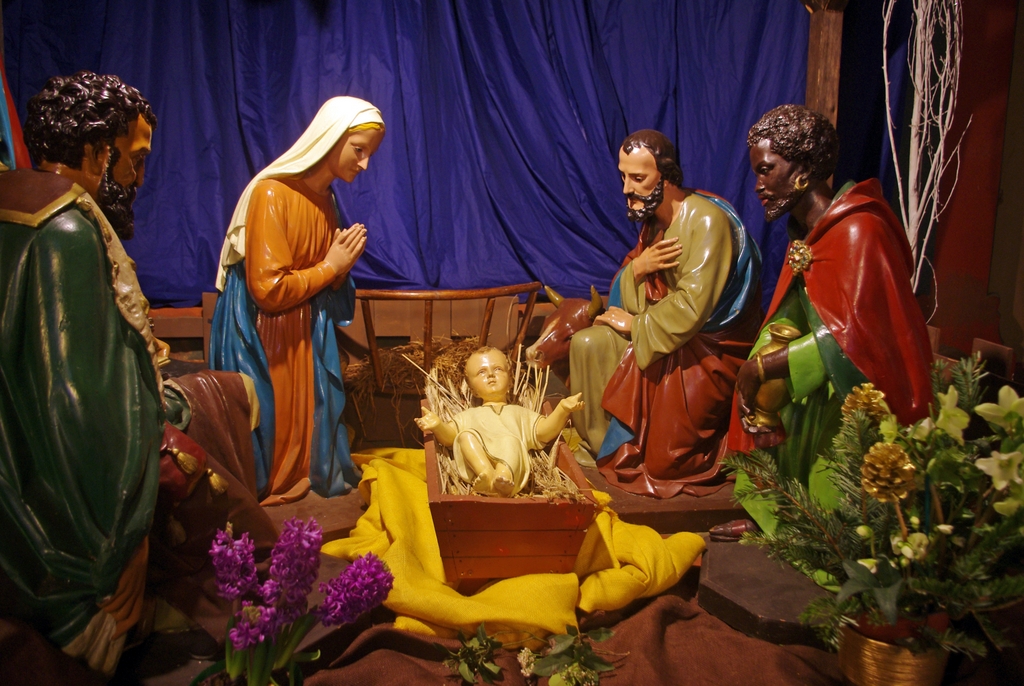Christians celebrate the Ascension of Jesus forty days after Easter. Ascension Day always falls on a Thursday, hence the name “Jeudi de l’Ascension” (Ascension Thursday).
Ascension Day: History and Christian Meaning
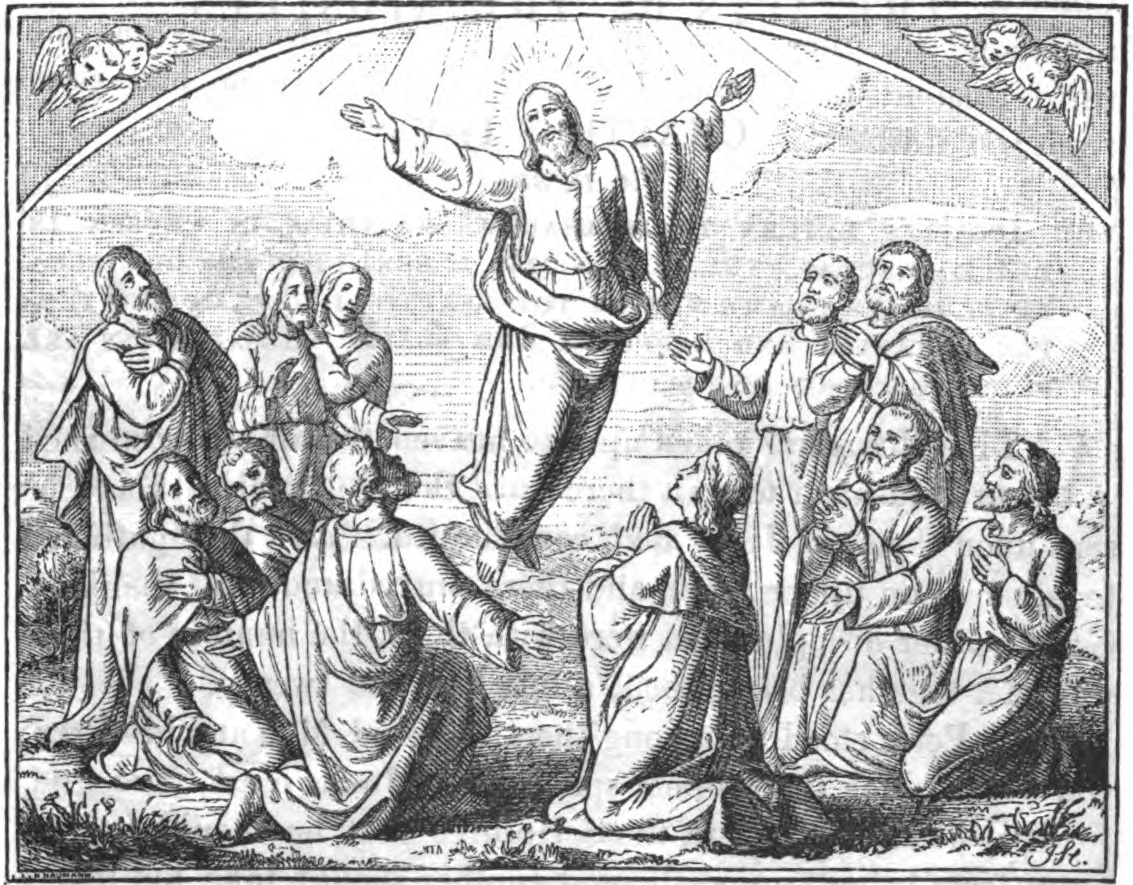
The word “ascension” derives from the Latin ascendere which means “to rise, to climb”. It references the Ascension of Jesus found in the New Testament. On that day, Christians believe that Jesus was taken to heaven in the eleven apostles’ presence. The event happened 40 days after the resurrection (Easter).
For the Christian Church, the Ascension of Jesus means the end of the physical presence of Jesus on Earth amongst men. However, his spiritual presence remains and is celebrated on Pentecost Sunday when the Holy Spirit was poured out over Jesus’ disciples.
The celebration dates back to the 6th century with the first iconography of the Ascension in Christian art. It involved a procession in Jerusalem up to the Mount of Olives, where Jesus was previously arrested.
Many passages in the Gospel describe the Ascension of Jesus, particularly in the Gospel of Luke and the Acts of the Apostles.
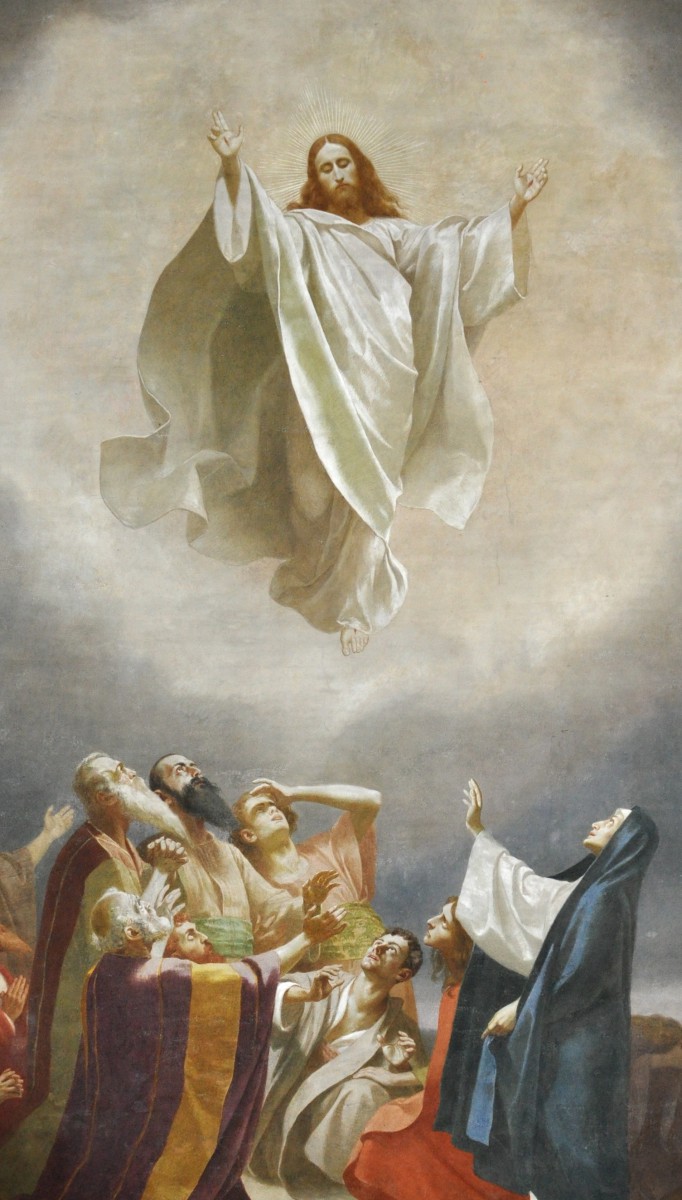
Luke 24: 50-53
50 When he had led them out to the vicinity of Bethany, he lifted up his hands and blessed them.
51 While he was blessing them, he left them and was taken up into heaven.
52 Then they worshipped him and returned to Jerusalem with great joy.
53 And they stayed continually at the temple, praising God.
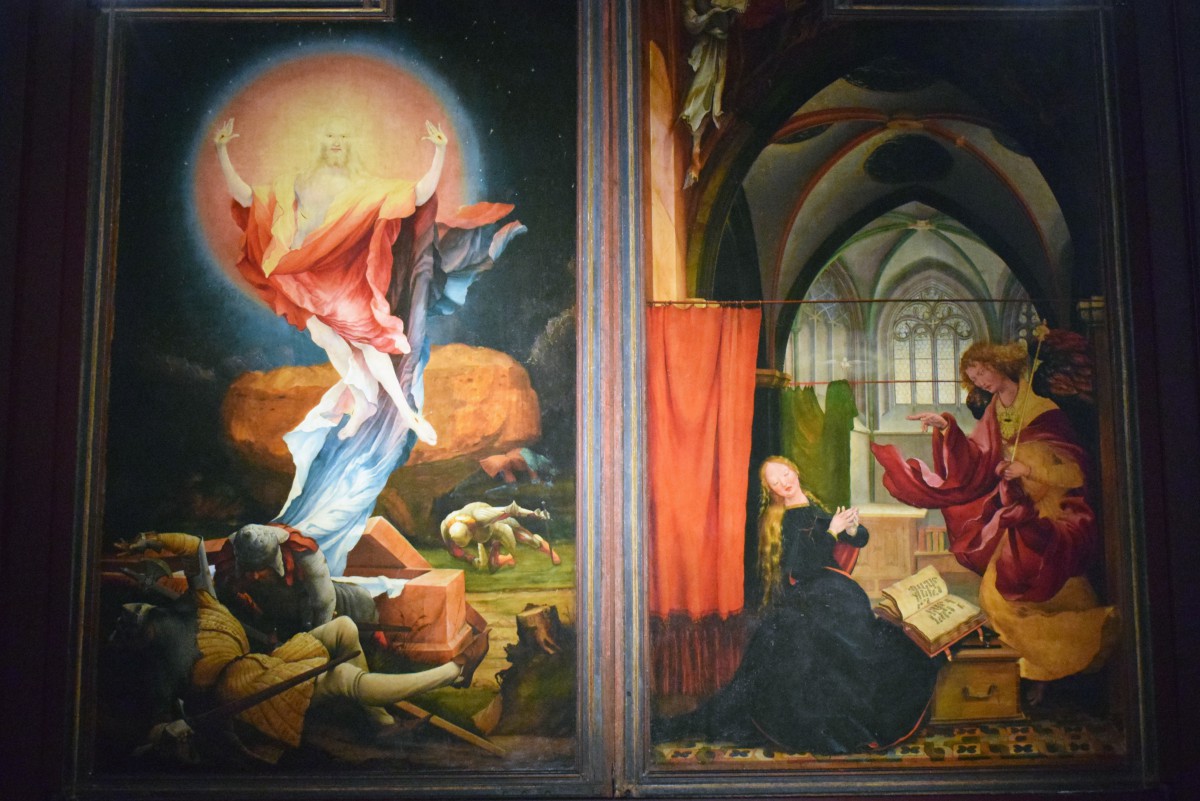
Acts of the Apostles 1: 8-11
8 But you will receive power when the Holy Spirit comes on you, and you will be my witnesses in Jerusalem, and in all Judea and Samaria, and to the ends of the earth.”
9 After he said this, he was taken up before their very eyes, and a cloud hid him from their sight.
10 They were looking intently up into the sky as he was going when suddenly two men dressed in white stood beside them.
11 “Men of Galilee,” they said, “why do you stand here looking into the sky? This same Jesus, who has been taken from you into heaven, will come back in the same way you have seen him go into heaven”.
© New International Version (NIV)
Ascension Day in France
Today in France, the Ascension of Jesus is often associated with a long weekend.
As in many other countries, Ascension Day is a public holiday in France, and offices, shops and schools are closed.
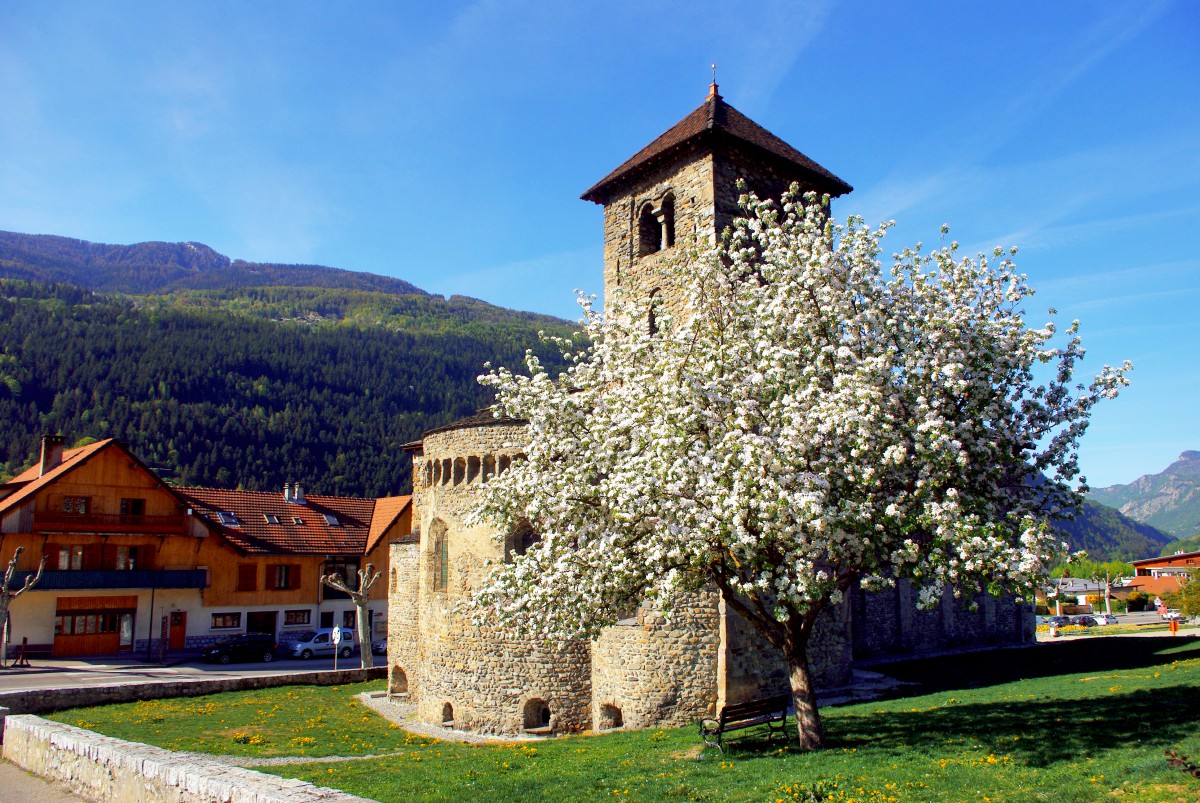
The signature of the Concordat in 1801 between Napoleon and Pope Pie VII established the public holiday of Ascension Day. The agreement created four religious public holidays:
- Christmas,
- the Assumption of the Virgin Mary,
- All Saints’ Day and
- Ascension Day.
Faire le pont
Therefore, as Thursday is a day off, many companies and schools do not open on Friday instead of returning to work on Friday and stopping again for the weekend. As a result, students like Ascension Day, as it comes right after the Easter holidays. Indeed, they benefit from a four-day weekend.
In French, this practice is colloquially called “Faire le pont” (making a bridge).
As it always falls on a Thursday, many French people choose to “faire le pont”. In the context of public holidays in France, it refers to taking an additional day off, usually a Friday or Monday, to create a long weekend by bridging the gap between a public holiday and the weekend. This practice allows people to have an extended break and enjoy a four-day weekend.
Let’s take 2013 to illustrate this. Students from the regional education authority (académie) of Toulouse only returned to school for two days, on Monday 6th and Tuesday 7th of May. Their weekend began on Wednesday the 8th (this is also a day off as we celebrate Victory in Europe Day). Therefore, in 2013, many students enjoyed a five-day weekend!
Ascension Day Dates
As the date of Easter changes from one year to another, Ascension Day does not fall on the same Thursday every year. Here are the dates for the 2020s.
- 2023 May 18
- 2024 May 9
- 2025 May 29
- 2026 May 14
- 2027 May 6
- 2028 May 25
- 2029 May 10
- 2030 May 30
Find out more!
- Read more about Eastertide in France on the blog.
- Find out more about Ascension Day in France on the La Croix website [article in French]



